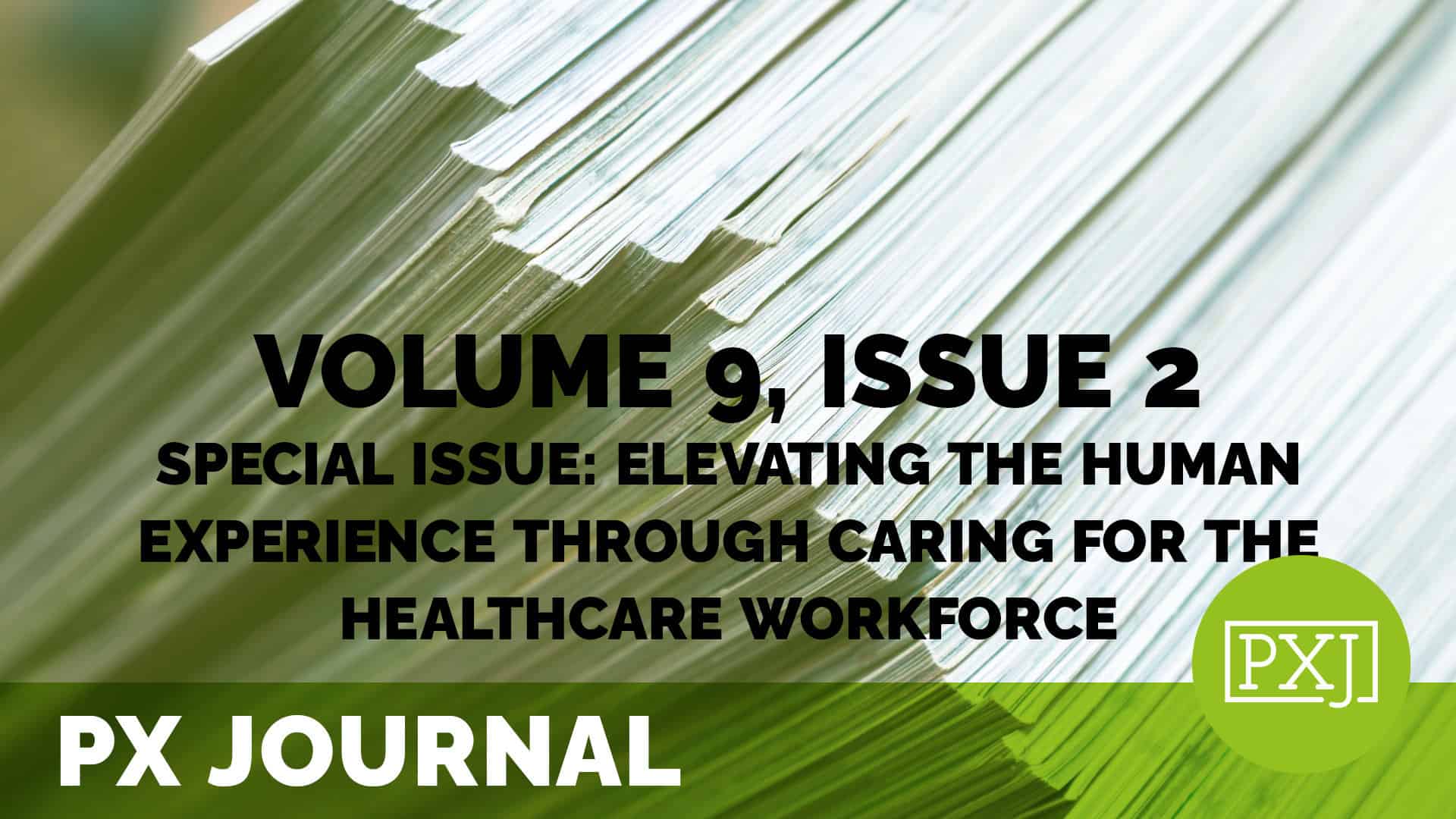Rules of engagement: The role of mistreatment from patients in the nurse, physician and advanced practice provider experience

The objective of this study is to examine the incidence of reported stress due to mistreatment by patients toward clinicians and the role of mistreatment from patients along with organizational factors in clinician distress. A survey of clinicians was conducted at a large academic medical center, resulting in a final analytic sample of 1,682 physicians, nurses, advanced practice providers and clinical support staff. Nurses reported the greatest incidence of mistreatment by patients as a major stressor (18.69%), followed by Advanced Practice Providers (11.26%), Clinical Support Staff (10.36%), and Physicians (7.69%). Logistic regression analysis was conducted to determine the relationship of individual- and organization-level characteristics with the odds of reporting mistreatment from patients as a major stressor. Overall findings indicate that nurses and those who work in the ER and ambulatory or outpatient clinics were more likely to be stressed from mistreatment by patients than other clinicians. Stress due to mistreatment by patients was also associated with higher Well-Being Index (WBI) distress scores, rapid changes in workflows or policies, ongoing care of COVID-19 patients, under-staffing, and low perceived organizational support. Gender or sexual minorities (not identifying as male or female) and younger (18-34 years of age) healthcare workers were also more likely to experience stress from mistreatment by patients. Individual resilience was not statistically significantly associated with reported stress from mistreatment by patients. Organizations must examine expectations for patient and visitor behavior in tandem with service standards for clinicians toward patients.
Related content
-
 Culture & Leadership | Staff & Provider Engagement
Culture & Leadership | Staff & Provider EngagementVolunteer Services + Patient Experience = A Winning Team
Volunteers do a lot to improve services for our patients but in the past patient experience and volunteer teams have worked independently. This webinar will discuss the importance of building stronger relationships between these two teams and showcase how Sharp Grossmont Hospital documents and quantifies volunteer activities. Learning Objectives – Identify how volunteer programs can
Learn more -
 Culture & Leadership | Staff & Provider Engagement
Culture & Leadership | Staff & Provider EngagementMoving from “Good to Great”: Enhancing the Human Experience in Outpatient Care
Join us for an insightful webinar on Hartford HealthCare’s “Good to Great” (G2G) initiative, a transformative approach designed to improve patient experience across the organization. Launched in 2023, G2G uses a data-driven methodology to analyze patient experience and colleague engagement, identifying units as low-, middle-, or high-performing. Focusing on middle-performing teams, this initiative leverages strong
Learn more -
 Staff & Provider Engagement
Staff & Provider EngagementPatient Experience Begins with Employee Experience: The Impact of Recognition Programs
By Nate Hamme This blog is Part One of a two-part series on the impact that employee recognition has on patient experience. Next month, Part Two of the series will detail how misconceptions about employee recognition can be addressed with effective planning and cross-department leadership support and will explain how achievable goals can be attained.
Learn more
